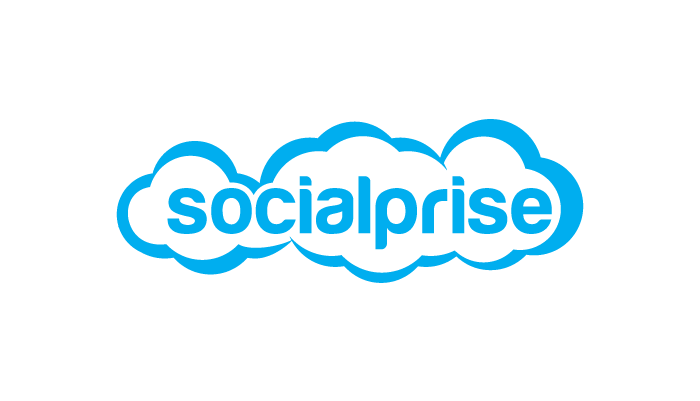Socialprise Founder Featured in Business Insider
Nov. 30, 2016,
Sean Masters, the founder of on-demand project and staffing platform Socialprise, told BI: "Scheduling meetings is just remarkably inefficient. She [Amy] just takes that away and it makes me more productive.
"I’m a bit of an advocate of her. She’s actually got a bit of sass. One of my project managers has rescheduled a meeting with me three times. Amy responds saying she wants to reschedule this meeting, again." (Masters and I weren't meeting to discuss X.ai or connected by the company — the praise was spontaneous.)
X.ai offers a basic, free version of its service to individuals, letting them schedule up to 5 meetings a month, and recently launched a professional edition for the self-employed, costing $39 a month. The plan is to offer a business edition for teams next year.
Hundreds of thousands of people have used the system to date, Mortensen says, and millions and millions of emails have gone through the system. Masters estimates that using Amy saves him at least 3 hours of email admin a week.
Full Article Here http://uk.businessinsider.com/xai-ai-meeting-assistant-interview-dennis-mortensen-2016-11
Thought Leadership; The workforce of the future - LinkedIn
Nov. 21, 2016,
The world of work is changing not only year-by-year, but month-by-month in a digital work revolution.
In a time when consumers want service 24/7 and workers want to be makers of their own destiny, how will changes in these expectations impact businesses, and what’s driving these evolutions?
Mobility
In the past couple years, businesses like Uber, Airbnb and Deliveroo have changed the way consumers expect service. And while convenience has always been the top priority, it’s not just customers who are getting the benefit of the mobile business.
Hiring a workforce used to take weeks or months of advertising, vetting and training, but with the rise of the App Business Model (Look at Bizby) employees come to you, effectively hiring themselves and getting work straight away.
To become a new Deliveroo or Uber driver, just download the app, go through the online training and start earning money. Scheduling is determined by the employee, and the urge for extra cash among many city dwellers and young people means a constant, steady stream of workers.
And even for those businesses not built on mobility or service, developing a flexible employee work model benefits not only the worker, but the company as a whole. Commercial property rental rates are only going up, as are insurance costs, transportation and work-life balance expectations.
By doing away with a permanent bolthole, employing a mobile workforce and empowering employees to self-direct, businesses save on all of these costs, while creating a forward-thinking structure.
Gig Economy
Ask most people what their dream job would look like, and chances are the answer you’d get would be along the lines of “I want to work for myself”.
And while much the workforce of 10 years ago may have found this dream to be far-fetched, according to recent predictions, by 2020, 1 in 2 workers in the US and the UK will be freelance or self-directed.
If you don’t believe it - take a peek into any coffee shop during the work week and you’ll see a crowd of glowing screens with mobile workers tapping away. And the insurgence of remote working locations, harnessed by businesses like and We Work or Google Campus only means that mobility for the masses will grow.
But why does this employment model work for businesses? All companies want the best of the best; and by eliminating geographic parameters, companies can hire the workforce that suits them from a global pot of professionals.
Who says you can't have a designer in Australia, a copywriter in New York and a developer based in London?
A global workforce means there’s no end to progress - when your American copywriter submits his work to the Australian designer at the end of his work day, hers is just beginning. What once take days can now take hours - and what’s more valuable to a business than efficiency?
Time
Time may be money, but time is also subjective. And with the digitisation of business, the parameters of the 40-hour work week are just as outdated as the desktop computer.
It’s now becoming widely held that it’s not the time in which we work that makes us productive, but the ways in which we work. This leaves businesses open to flexibility with the workforce.
By allowing employees to self-direct their output, work-life balance evens itself out according to the choices of the employee, and natural rhythms arise.
At a time when governments are stepping in to prevent exhaustion by limiting the time spent working, the freelance economy solves many of the problems arising from this 21st century conflict of priorities - progress or personal value? We can have both, we just need a little flexibility.
http://www.socialprise.co is a company built to enable the contract and freelance economy by providing a brand, tools and a team environment for talented people who work in digital, design, strategy and communications.
if you want to be part of the workforce of the future talk to us hello@socialprise.co
